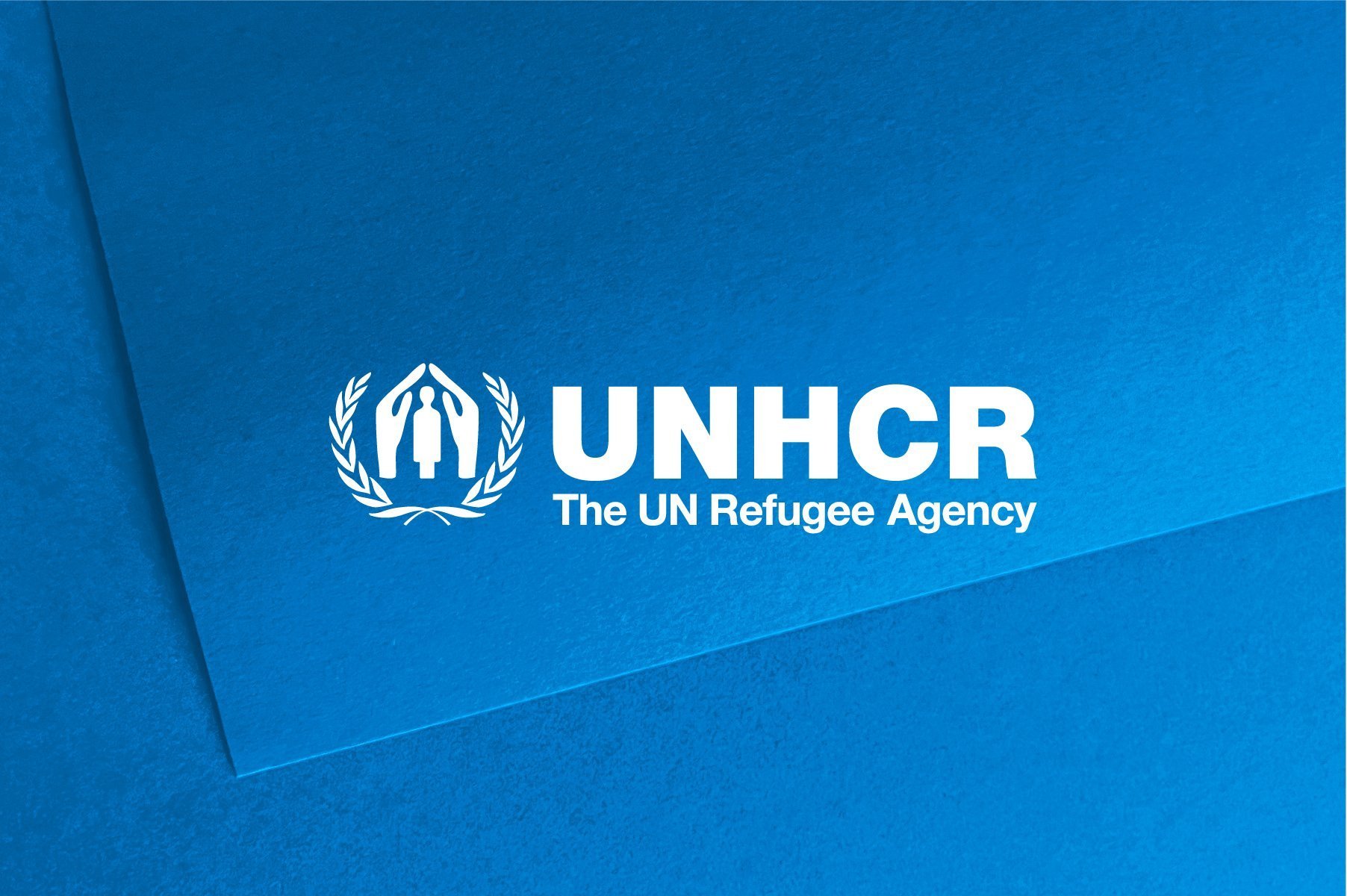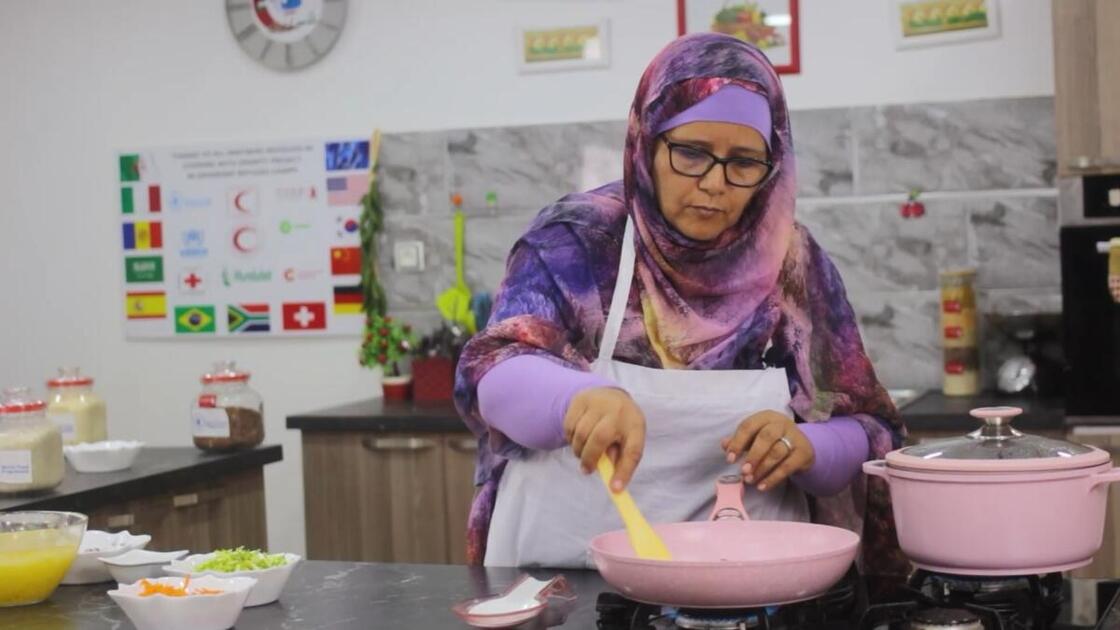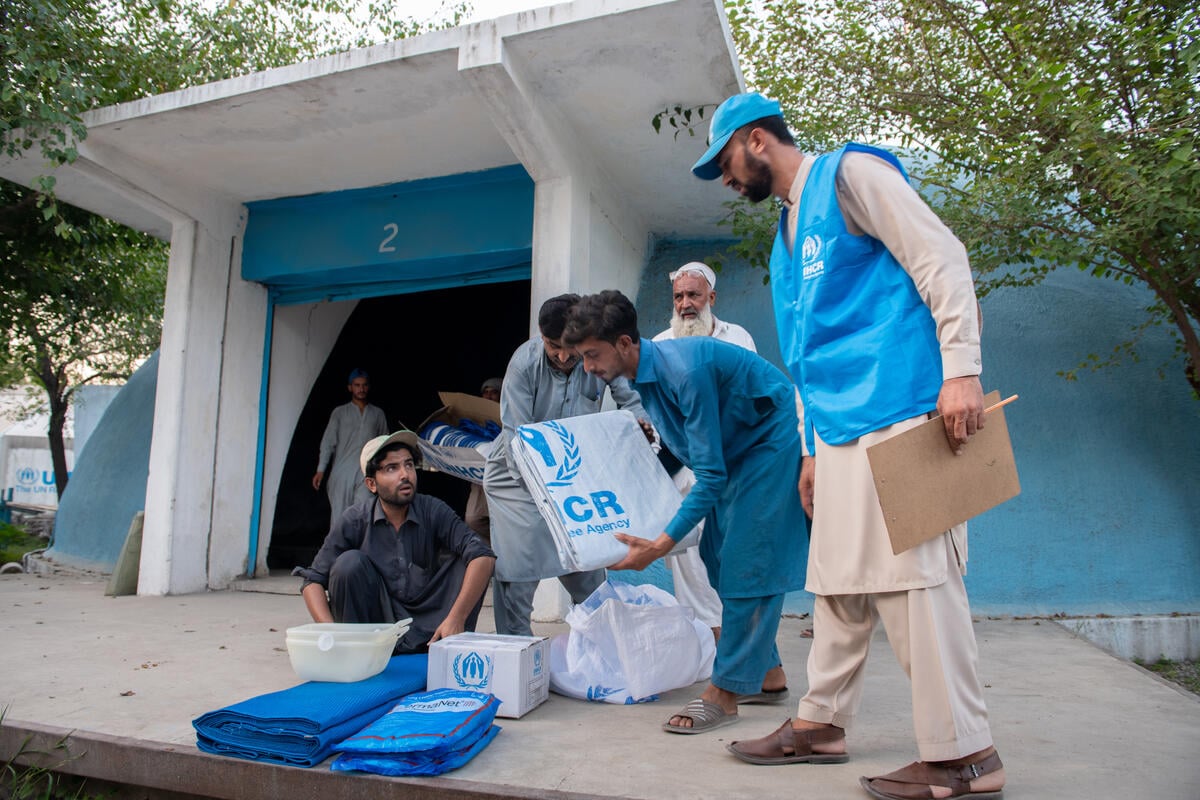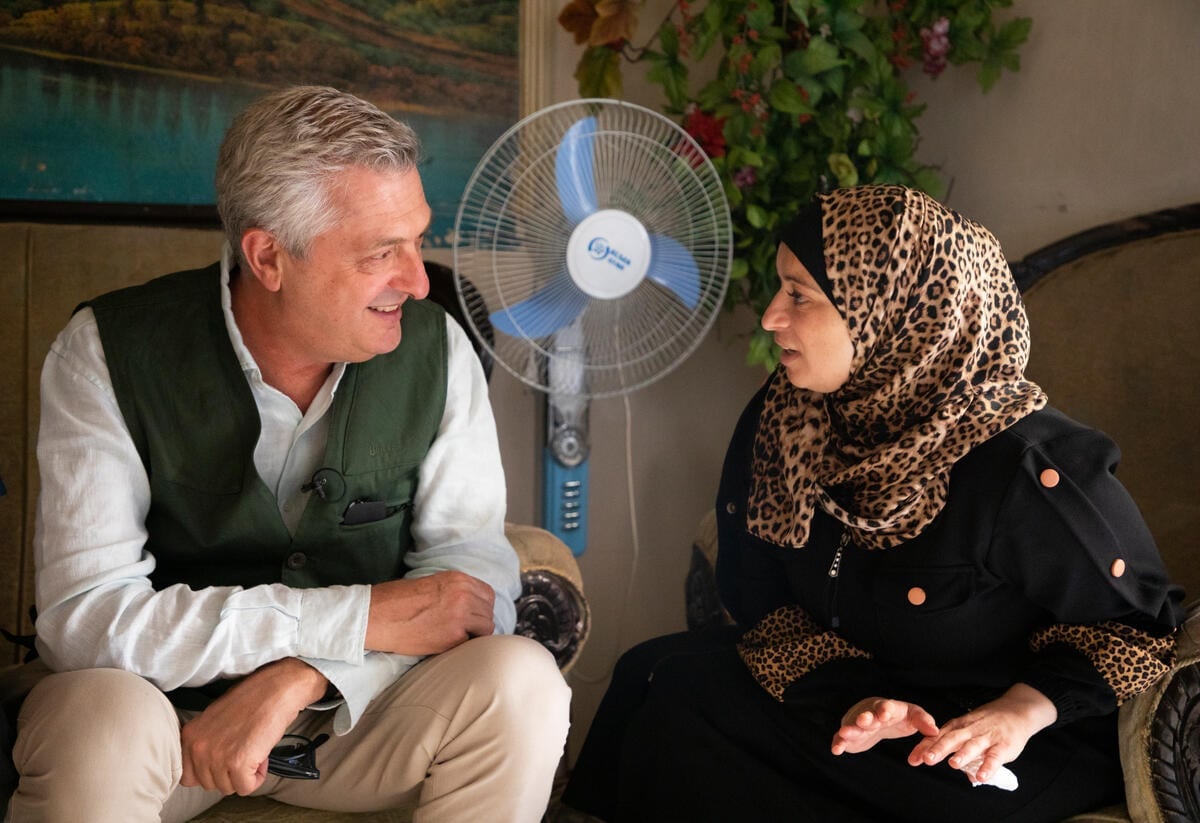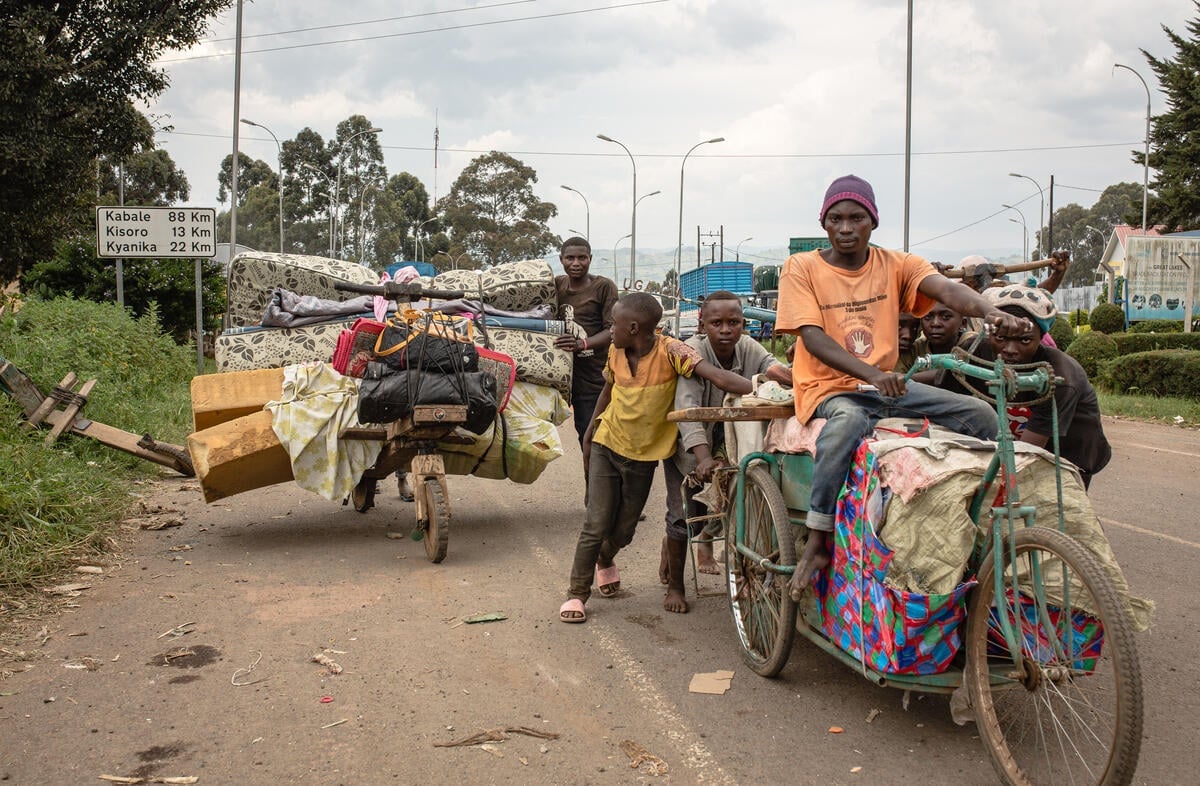IOM and UNHCR carry out joint visit to the Canary Islands amid increasing arrivals
IOM and UNHCR carry out joint visit to the Canary Islands amid increasing arrivals
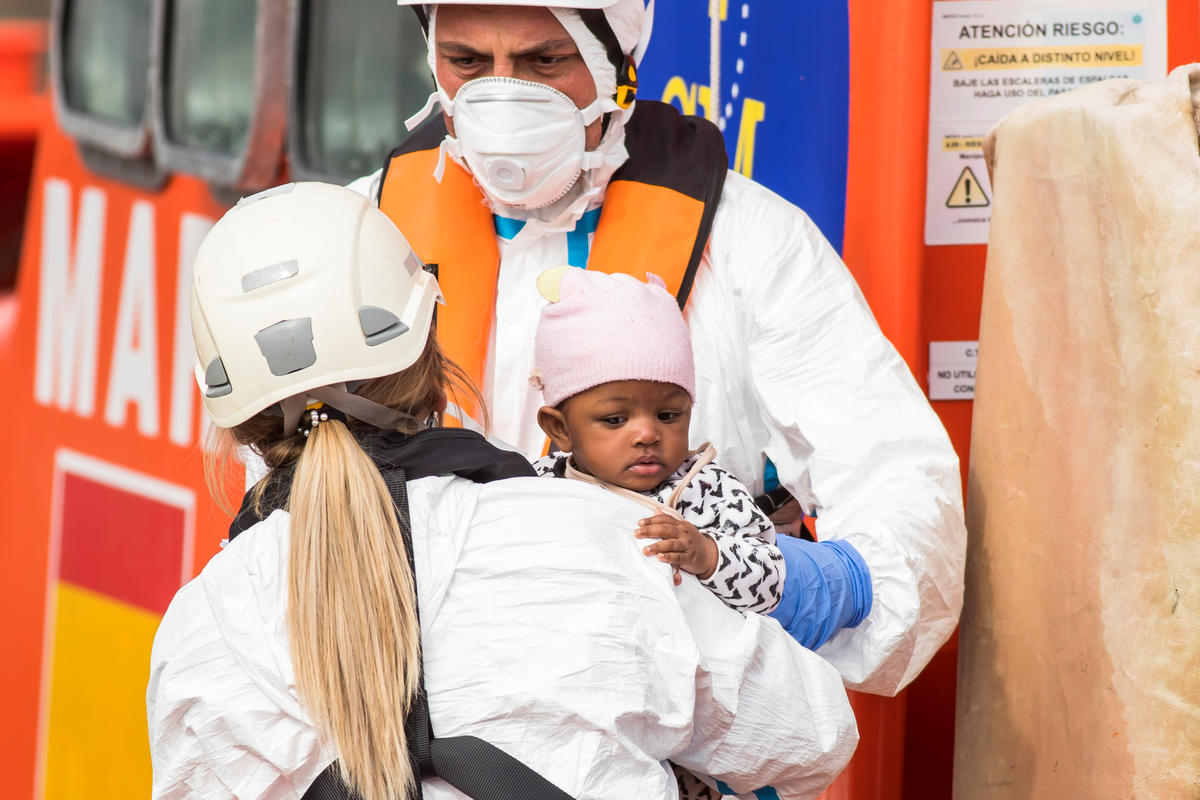
Madrid - The International Organization for Migration (IOM) and the UN High Commissioner for Refugees (UNHCR) today began a joint visit to the Canary Islands amid an ongoing increase in migrant and refugee arrivals to the archipelago by sea. The objective of the mission is to gather information and assess the situation, as well as to discuss with relevant actors areas of collaboration, response and institutional support.
Between 16 and 18 November, the IOM Chief of Mission, María Jesús Herrera, and the UNHCR Representative, Sophie Muller, plan on visiting different reception facilities while also meeting with authorities and civil society organizations.
The agencies’ visit will focus on a wide range of common interests, such as reception, profiles and needs of those arriving, the identification of people with international or other protection needs, the need to fight smuggling and trafficking in persons as well as issues related to the human rights and fundamental freedoms of all people regardless of their migratory status.
This year, the number of sea arrivals to the Canary Islands has substantially increased compared to last year. Most are arriving from West African countries, some fleeing insecurity and persecution in the Sahel while others are leaving due to extreme poverty. Consequences of the COVID-19 pandemic, food insecurity and climate change are among other factors driving this movement.
To date, more than 16,000 people have arrived in the Canary Islands after long and dangerous journeys across the Atlantic, a seaborne route that has claimed the lives of hundreds of men, women and children this year.
While these figures depict an increase, compared to arrivals during the same period of 2019, the situation remains manageable through solidarity and a human rights-centred policy. COVID-19, however, imposes additional challenges given the profiles and vulnerability of some of those arriving, including women, unaccompanied children, victims of trafficking, or people in need of international protection.
UNHCR and IOM believe that it is critical to provide adequate responses to current needs, counting on political will and a coordinated response between relevant entities and administrations.
IOM and UNHCR reiterate their solidarity and full support from the complementarity of their work in order to help find swift and dignified solutions to the current challenges in the Canary archipelago.
For additional information, please contact:
IOM:
- Oussama Elbaroudi, Email: [email protected], Tel: +34 915 943 670
- Ryan Schroeder,Email: [email protected],Tel:+ 32 492 25 02 3
UNHCR:
- María Jesús Vega, Email: [email protected], Tel: + 34 670661263
- Rosa Otero, Email: [email protected], Tel: +34 673 469 103


